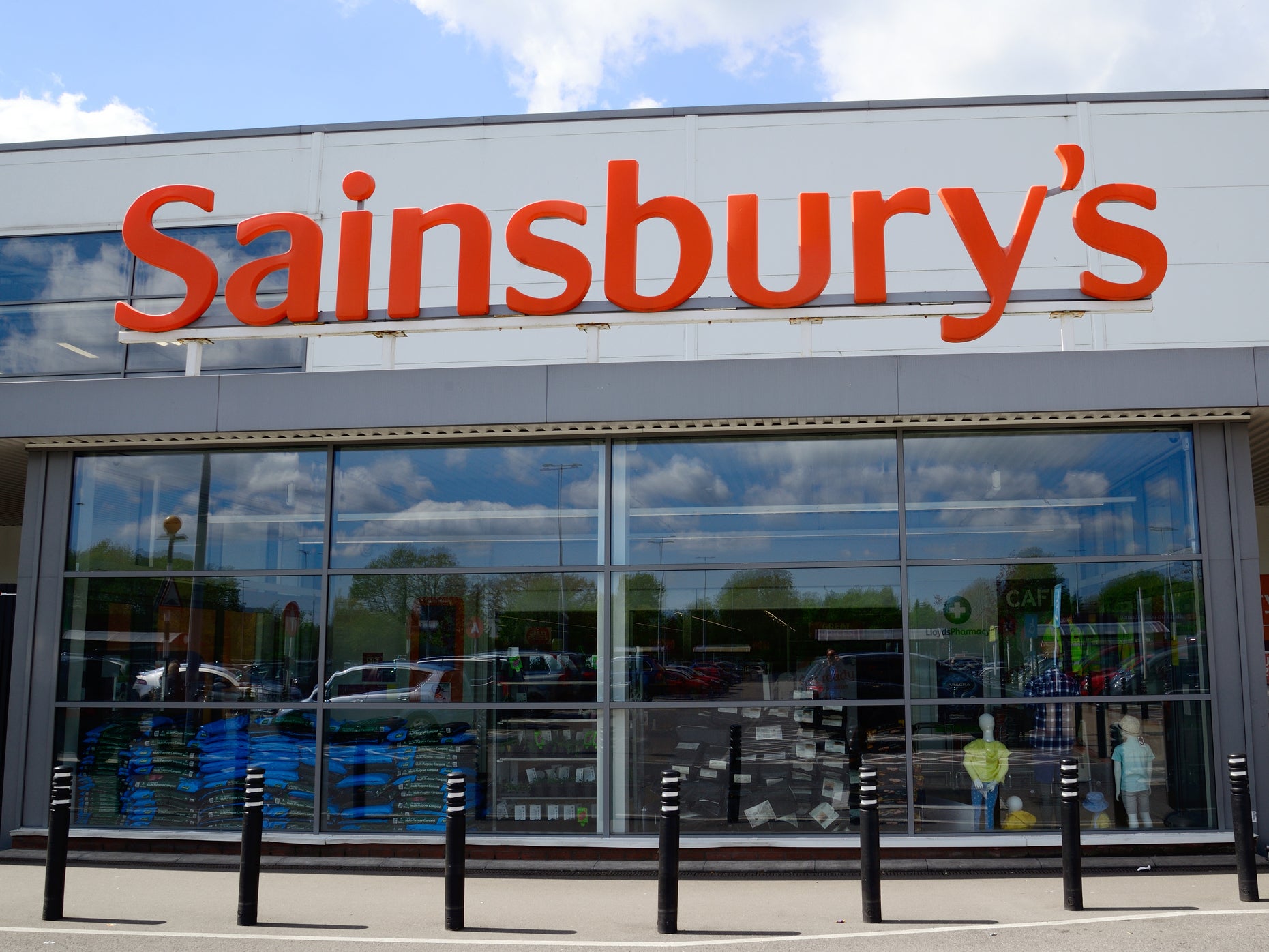Sainsbury’s pledges £1bn to achieve net zero emissions by 2040
‘We must recognise that living well now also means living sustainably,’ says Sainsbury’s CEO

Your support helps us to tell the story
From reproductive rights to climate change to Big Tech, The Independent is on the ground when the story is developing. Whether it's investigating the financials of Elon Musk's pro-Trump PAC or producing our latest documentary, 'The A Word', which shines a light on the American women fighting for reproductive rights, we know how important it is to parse out the facts from the messaging.
At such a critical moment in US history, we need reporters on the ground. Your donation allows us to keep sending journalists to speak to both sides of the story.
The Independent is trusted by Americans across the entire political spectrum. And unlike many other quality news outlets, we choose not to lock Americans out of our reporting and analysis with paywalls. We believe quality journalism should be available to everyone, paid for by those who can afford it.
Your support makes all the difference.Sainsbury’s has pledged to invest £1bn towards ensuring it achieves “net zero” carbon emissions by 2040.
According to a statement released by the supermarket chain, its primary focus will lie in reducing carbon emissions, food waste, plastic packaging and water usage, while encouraging recycling, biodiversity and heathy, sustainable eating.
The retailer’s commitment to becoming net zero in the next 20 years is a decade ahead of the target set by the UK government.
Sainsbury’s currently produces a carbon footprint of approximately one million tonnes on an annual basis, a figure which the supermarket says has been reduced by 35 per cent over the past 15 years.
In addition to reducing its carbon emissions, the retailer is also aiming to work with suppliers to coax them into reducing their own carbon footprints.
Sainsbury’s stated that it will strive to reduce its overall energy usage, while increasing its use of renewable energy.
It has also promised to halve its plastic packaging by 2025, and remove hard-to-recycle plastic and polystyrene packaging from its own brand ranges by the end of 2020.
In addition, the firm said it will try to remove or replace plastic film from fruit and vegetables “where possible” and is hoping to become “water neutral” by 2040.
Aerofoil technology has been fitted in 1,400 Sainsbury’s stores nationwide, in order to keep fridges cool and save 15 per cent of the energy used by the appliances.
“Our commitment has always been to help customers live well for less, but we must recognise that living well now also means living sustainably,” said Mike Coupe, CEO of Sainsbury’s.
“We have a duty to the communities we serve to continue to reduce the impact our business has on the environment and we are committing to reduce our own carbon emissions and become net zero by 2040, 10 years ahead of the government’s own targets, because 2050 isn’t soon enough.”
Mr Coupe added that Sainsbury’s recognises it has “a once in a lifetime opportunity to make the changes needed to help the planet exist sustainably”.
Hugh Jones, managing director of advisory services of the Carbon Trust, described the supermarket’s goal as “ambitious”, adding that it will “help raise the bar for the sector”.
Dexter Galvin, global director of corporations and supply chains at environmental organisation CDP, emphasised that 2020 is “a critical year in the race to tackle climate change”.
“These commitments also send a clear message to politicians that businesses want more ambitious action to protect our natural world and people’s quality of life,” Mr Galvin stated.
In November, a report compiled by Greenpeace and the Environmental Investigation Agency found that seven out of 10 of the UK's top supermarkets had increased their plastic usage over the past 12 months.
Waitrose, Tesco and Sainsbury's achieved marginal reductions in plastic use, the self-reported data outlined.
Join our commenting forum
Join thought-provoking conversations, follow other Independent readers and see their replies
Comments